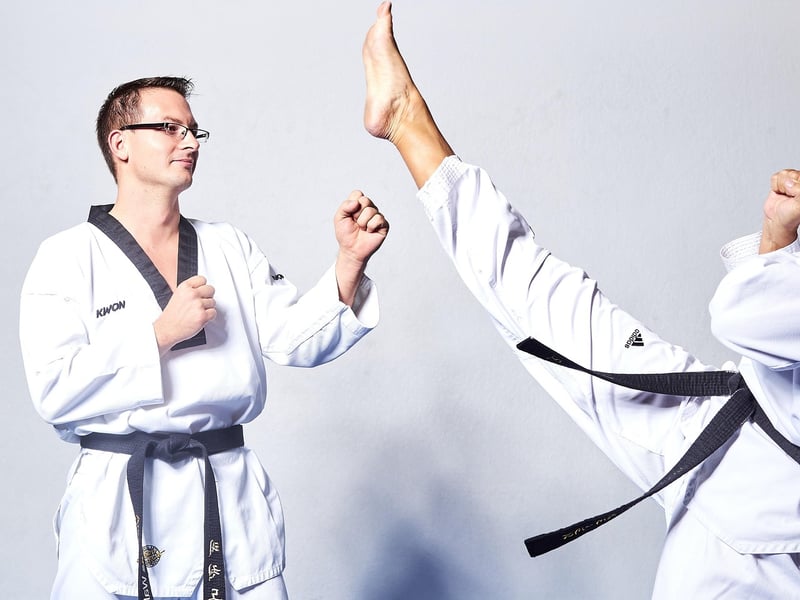Taekwondo
The Power of Self-Defense and Discipline in Taekwondo
Taekwondo is not just a martial art; it is a way of life that encompasses self-defense techniques and instills discipline in its practitioners. The practice of Taekwondo goes beyond physical movements; it cultivates mental strength, emotional control, and spiritual growth. In this article, we delve into the significance of self-defense and discipline in Taekwondo.
Self-Defense in Taekwondo
Self-defense is a fundamental aspect of Taekwondo training. Practitioners learn a variety of techniques to protect themselves in real-life situations. By mastering strikes, kicks, blocks, and sparring drills, Taekwondo students develop the skills and confidence needed to defend themselves effectively.
Through consistent practice, individuals enhance their reflexes, improve their coordination, and build muscle memory, enabling them to react swiftly and decisively when faced with threats. Taekwondo empowers individuals to stay calm under pressure and respond strategically to danger, emphasizing the importance of avoiding conflict whenever possible.
The Role of Discipline
Discipline lies at the core of Taekwondo philosophy. Practitioners adhere to strict training regimens, follow etiquette and protocols, and demonstrate respect for their instructors and fellow students. The discipline instilled in Taekwondo training transcends the physical aspects of the martial art; it encompasses mental focus, perseverance, and self-control.
By practicing Taekwondo, individuals learn the value of dedication, hard work, and humility. The structured environment of a Taekwondo dojang (training hall) teaches students to set goals, overcome challenges, and strive for continuous self-improvement. The discipline cultivated in Taekwondo training extends beyond the studio into all aspects of life, fostering a sense of responsibility and integrity.
Benefits of Self-Defense and Discipline in Taekwondo
The integration of self-defense techniques and discipline in Taekwondo offers numerous benefits to practitioners:
- Enhanced personal safety and security
- Improved physical fitness and coordination
- Greater mental focus and concentration
- Boosted self-confidence and self-esteem
- Development of a strong work ethic and resilience
- Cultivation of respect and humility
By embracing the principles of self-defense and discipline in Taekwondo, individuals not only acquire valuable skills for self-protection but also embark on a journey of personal growth and empowerment.

Conclusion
Self-defense and discipline are integral components of Taekwondo that contribute to the holistic development of individuals. Through dedicated practice and adherence to Taekwondo principles, practitioners can cultivate a mindset of resilience, respect, and self-improvement that extends beyond the boundaries of the martial art.
Whether you are seeking to enhance your physical fitness, learn practical self-defense skills, or foster personal discipline, Taekwondo offers a comprehensive path to self-discovery and empowerment.
